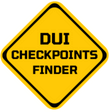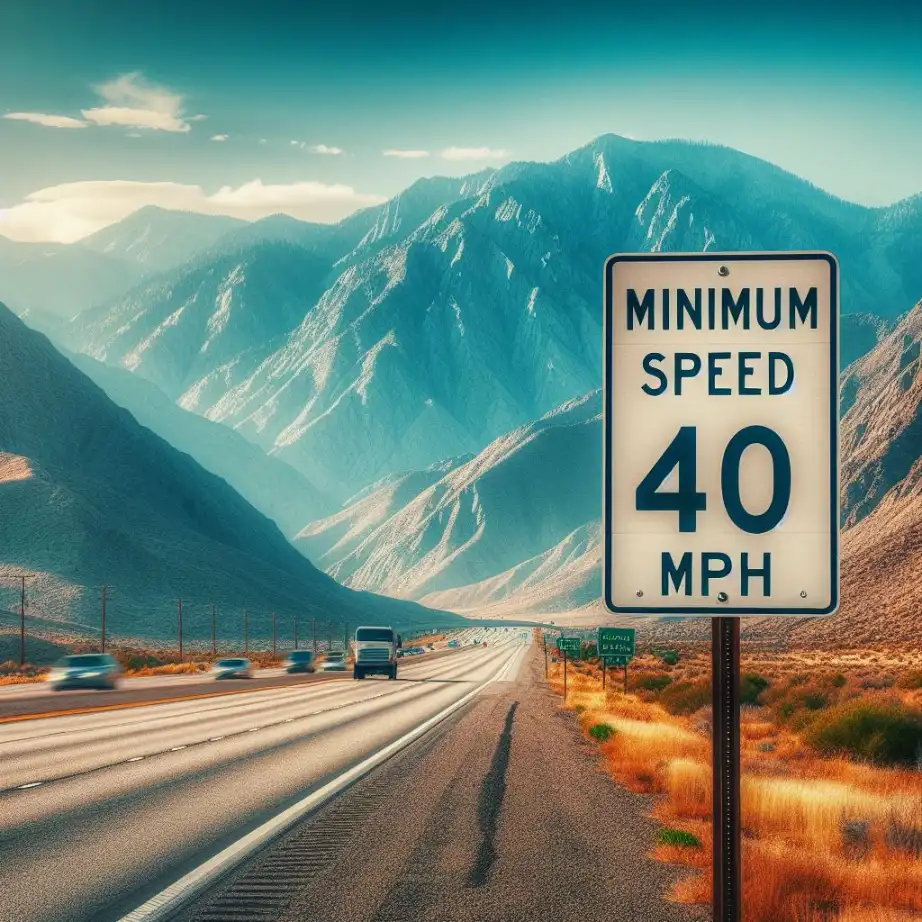Driving too fast is not the only way to get a speeding ticket in California. You can also get a ticket for driving too slow and impeding the normal flow of traffic. This is because California has a minimum speed law, which is designed to prevent accidents and congestion caused by slow drivers.
Driving on minimum speed is important for safety and efficiency. Driving too slow can be dangerous and illegal in California. If you drive too slow, you can cause traffic jams and accidents. You can also get a ticket and pay a fine. You should drive at a speed that matches the traffic around you, unless there is a reason to be careful. For example, you should slow down if the road is wet, curvy, or crowded. You should also follow the speed limit and the minimum speed limit signs. If you drive below the minimum speed limit, you can be in trouble with the law. You should also respect other drivers and let them pass if they are faster than you.
What is the minimum speed law in California?
The minimum speed law in California is found in Vehicle Code 22400 VC.
✔️No person shall drive upon a highway at such a slow speed as to impede or block the normal and reasonable movement of traffic unless the reduced speed is necessary for safe operation, because of a grade, or in compliance with the law. Source
✔️No person shall bring a vehicle to a complete stop upon a highway so as to impede or block the normal and reasonable movement of traffic unless the stop is necessary for safe operation or in compliance with the law. Source
In other words, you must drive at a speed that does not interfere with the traffic around you, unless you have a valid reason to do so. For example, you may drive slower than the normal traffic if you are:
- Approaching a curve, hill, intersection, or other hazard that requires caution
- Driving in bad weather, such as rain, fog, snow, or ice
- Driving in heavy traffic, such as during rush hour or in a construction zone
- Driving a large or heavy vehicle, such as a truck, bus, or trailer
- Following the posted speed limit or a lower speed limit set by signs or signals
How is the Minimum Speed Law Enforced in California?
The minimum speed law in California is enforced by the police, who may pull you over and issue you a citation if they observe you driving too slow and impeding traffic. The police may use their discretion and judgment to determine whether you are violating the law, based on the circumstances of the situation. For example, they may consider:
✔️ The speed limit and the average speed of the traffic on the road
✔️ The number of lanes and the availability of passing opportunities
✔️ The presence of other vehicles behind you or in front of you
✔️ The type and condition of your vehicle and the road
✔️ The time of day and the visibility
If you are driving on a highway that has a posted minimum speed limit, you must not drive below that limit unless it is unsafe to do so. The Department of Transportation has the authority to set minimum speed limits on certain highways, usually between 40 and 55 miles per hour. These limits are indicated by black and white signs with the words “MINIMUM SPEED” and a number. If you drive below the minimum speed limit, you are presumed to be violating the law, unless you can prove otherwise.
What are the Penalties for Violating the Minimum Speed law in California?
The penalties for violating the minimum speed law in California are similar to those for violating the maximum speed law. They include:
- A fine of $238, plus fees and assessments, which may increase the total amount to over $500.
- One point on your driving record, which may affect your insurance rates and lead to a license suspension if you accumulate too many points.
- Traffic school, which may help you avoid the point on your record, but requires you to pay a fee and complete a course.
In some cases, you may also face criminal charges if your slow driving causes an accident that results in injury or death to another person. Depending on the severity of the harm, you may be charged with:
- Misdemeanor reckless driving, which carries up to 90 days in jail and a $1,000 fine.
- Felony reckless driving, which carries up to three years in prison and a $10,000 fine.
- Vehicular manslaughter, which carries up to six years in prison and a $10,000 fine.
How can you avoid violating the minimum speed law in California?
The best way to avoid violating the minimum speed law in California is to drive at a speed that is safe and reasonable for the conditions and the traffic. You should also:
- Be aware of the speed limit and the minimum speed limit on the road you are driving on.
- Check your speedometer regularly and adjust your speed accordingly.
- Use the right lane or the slow lane if you are driving slower than the traffic around you.
- Move over or pull over if you see a faster vehicle approaching from behind.
- Signal your intentions and make sure it is clear before changing lanes or turning.
- Avoid driving when you are tired, distracted, impaired, or unwell.
If you are pulled over for driving too slow and impeding traffic, you should:
- Cooperate with the police and provide your license, registration, and insurance.
- Be polite and respectful, but do not admit guilt or make excuses.
- Ask for the reason why you were stopped and the evidence against you.
- Request a copy of the citation and the police report.
- Contact a traffic attorney to help you fight the ticket or negotiate a plea deal.
Conclusion
The minimum speed law in California is intended to promote safety and efficiency on the road. It prohibits drivers from driving too slow and impeding the normal flow of traffic, unless they have a valid reason to do so. Violating the law can result in fines, points, and even criminal charges. To avoid getting a ticket, you should drive at a speed that is appropriate for the conditions and the traffic, and be courteous to other drivers. If you are accused of violating the law, you should consult a traffic attorney to protect your rights and interests.




